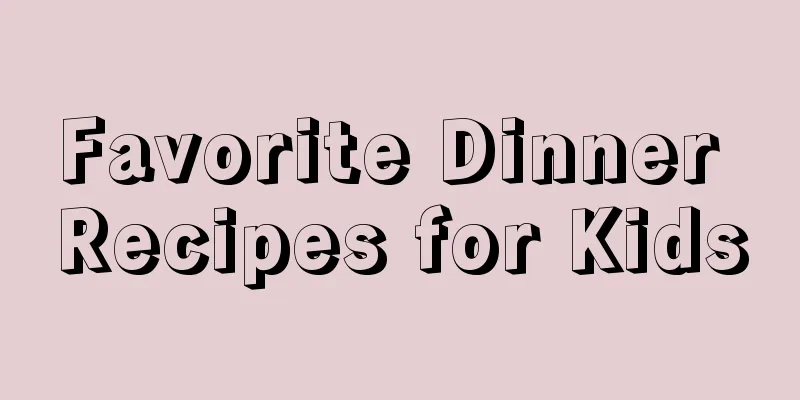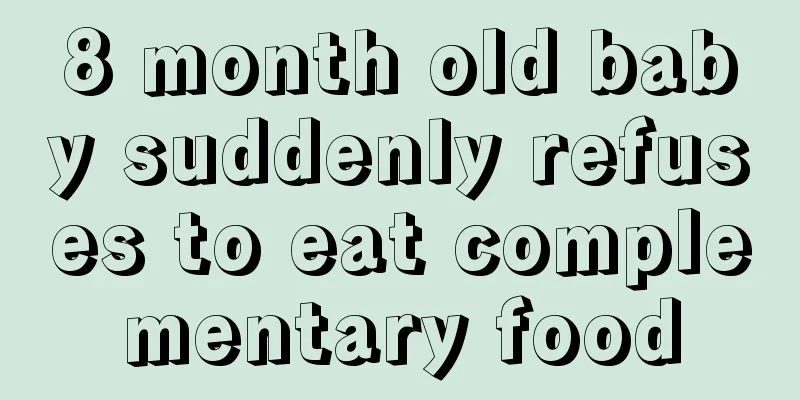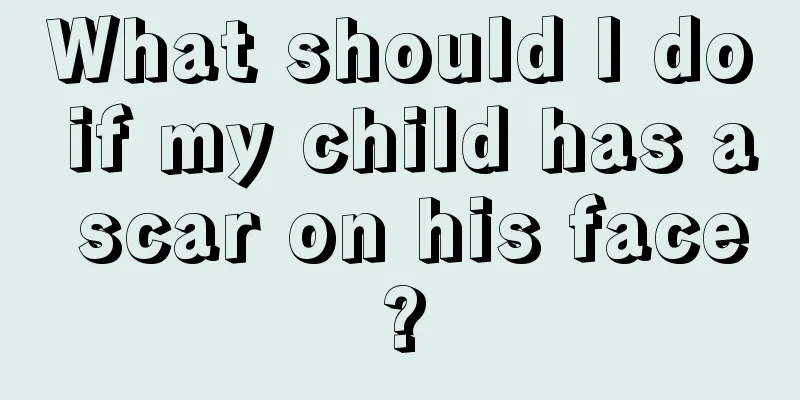What should I pay attention to when my child gets chickenpox?

|
Chickenpox is a common skin disease in our daily life, and it often occurs in infants and young children. It’s autumn again, and we should be especially careful when the seasons change. Chickenpox is a disease caused by a viral infection, which can cause skin blisters, fever and other abnormal symptoms. It can generally be treated with antiviral drugs such as acyclovir. In addition, symptomatic treatment can be given according to clinical symptoms. If the body temperature exceeds 38.5 degrees, antipyretics such as ibuprofen granules can be taken for treatment. It is best to go to the hospital for a routine blood test and other examinations, and take drug treatment based on the examination. So what should we pay attention to when children have chickenpox? Today I will take you to learn about it. Precautions for children with chickenpox 1. Chickenpox is viral and can be transmitted to other people. If a friend at home has chickenpox, temporarily separate him from other children and prevent him from going to crowded places such as kindergarten to avoid infecting people who do not have immunity against chickenpox. 2. It takes about a week for chickenpox to develop from the initial symptoms to full development. During this period, parents should pay attention to keeping the children's body clean where the chickenpox occurs to avoid inflammation and trauma. 3. When you have chickenpox, it is inevitable to feel itchy. In addition, children have poor self-control and are very likely to scratch inadvertently. Parents should cut their children's fingernails short to avoid scratching and leaving scars and acne marks. 4. Some children are particularly restless when sleeping. Parents can make the children wear thin gloves when they sleep, or tie the children loosely in the quilt with a rope. This can prevent the children from scratching at night and avoid rubbing against the chickenpox due to turning over and over during sleep. 5. During the chickenpox period, the body temperature is generally above 38 degrees. The abnormal body temperature causes various enzymes in the body to not work normally. It is common for children to have no appetite at this time, so maintain a light diet to allow the body to absorb better. 6. Take oral and topical medicines together with the medicines for treating chickenpox. The editor reminds you that chickenpox is a normal pathology. If it is not a serious problem, do not use hormone drugs lightly - hormones are effective quickly, but they are not good for the body. Dietary taboos for children suffering from chickenpox 1. Avoid things that may cause hair loss Although both chickenpox and measles are exanthematous febrile diseases, measles is more difficult to cure through thorough treatment and requires the use of exanthematous foods. For chickenpox, it is advisable to clear away heat, and avoid eating irritating foods. Eating irritating foods will increase the number and size of chickenpox, thus prolonging the course of the disease. Therefore, in the early stages of the disease, it is forbidden to eat irritating foods, such as coriander, rice wine, crucian carp, ginger, green onion, mutton, rooster, shrimp, eel, pumpkin, etc. 2. Avoid spicy food Like other febrile diseases, chickenpox should avoid spicy foods, as spicy foods can help produce phlegm and make the fever more serious. Spicy foods include chili peppers, chili oil, mustard, curry, garlic, leeks, fennel, cinnamon, pepper, etc. 3. Avoid greasy food Children with chickenpox often experience loss of appetite and poor digestion due to fever, so they should avoid eating greasy foods, such as fried sesame balls, chocolate cakes, twisted dough sticks, fried pork chops, fried steak, fried chicken and other greasy stomach-harming foods. These foods are difficult to digest and will increase the burden on the gastrointestinal tract. 4. Avoid hot foods The treatment of chickenpox should focus on clearing heat and detoxifying, so foods that are hot in nature should not be taken. Such foods include dog meat, mutton, venison, sparrow meat, broad beans, garlic sprouts, leeks, longan meat, lychees, dates, corn, etc. 5. Drug contraindications This disease is often confused with certain herpes diseases. Once diagnosed, the use of hormonal drugs such as hydrocortisone, dexamethasone, prednisone, etc. is strictly prohibited. During the treatment of this disease, tonic and hot medicines are prohibited, such as ginseng, deer antler, aconite, fennel, cinnamon, and epimedium. |
<<: What is the cause of the newborn's sneezing and runny nose?
>>: What to do if your child gets chickenpox
Recommend
2 month old baby suddenly cried when sleeping, what's going on?
The physical condition of babies is different at ...
Treatment of wind-heat cough in children
When children catch a cold, they usually have fev...
What are the anti-inflammatory drugs for children?
In the process of growing up, children will inevi...
What are the white spots on children's nails?
When mothers take care of their children, they ar...
Tips for children to kick off the quilt when sleeping
Taking care of a baby is the most tiring thing. A...
What should I do if my ten-year-old child is constipated?
When children are growing, if they do not pay att...
Brain cysts in children
We all know that children are the fruit of every ...
What to do if the baby has diarrhea
Diarrhea in babies is a very common phenomenon. D...
How long can a four-month-old baby lie on his stomach?
When the baby is four months old, the height and ...
Can children take a hot spring bath?
Generally, children under three years old have ve...
Children's dietary health knowledge
Many parents may not be so clear about the dietar...
What are the characteristics of children in kindergarten?
Generally speaking, children will go to kindergar...
Symptoms of cerebral hypoxia in 20-day-old neonates
We all know that newborns are prone to brain hypo...
Reasons for newborn baby snoring
People say that sometimes they snore while sleepi...
What are the benefits of Taekwondo for children?
Taekwondo is a sport that helps to keep fit. Now ...









